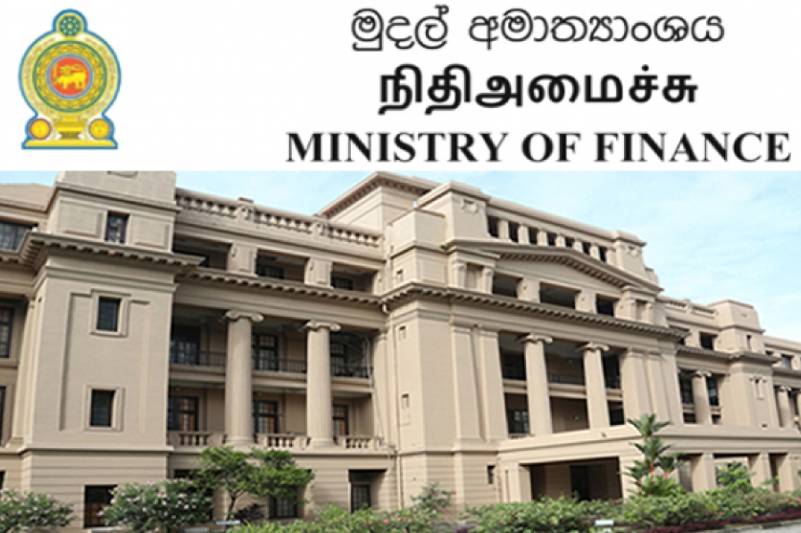In the wake of dwindling tax revenue collection, a Revenue Intelligence Unit has been established at the Ministry of Finance.
This unit will be taking steps to assist the main Revenue Collection Departments, such as Customs, Inland Revenue and Excise, to broaden their revenue collection bases, increase total revenue collected and minimize leakages and tax evasion.
In the first five months of 2019 revenues were 30 percent below target even after appointing 153 new customs officers.
The daily revenue of the Customs is about Rs 3 to 4 billion. Generally, it releases about 1,500 containers daily but it has dropped following the decline in imports and exports after Easter terror attacks.
Revenue collected from import-based taxes declined significantly by 12.7 per cent to Rs. 234 billion in the first four months of 2019, compared to Rs. 268 billion in the same period of 2018.
Customs has also launched the Authorised Economic Operators (AEO) Program in 2019, which will provide expedited clearance for identified low risk traders and clearing agents.
The Government would also implement the Trade Adjustment Program (TAP), which has been under discussion since 2016 and keep 10% on sensitive HS codes to protect some local producers. Rs.500 million is to be allocated over two years for TAP.
Government revenue as a proportion of GDP has been on a declining trend and it is inadequate to meet its committed current expenditure and debt servicing costs.
The inadequacy of revenue collection is evident when compared with other countries. Sri Lanka’s tax revenue has been well below what it should be about 20 percent of GDP at this stage of development, economic experts said.
Government revenue declined in the first four months of 2019 due mainly to the decline in revenue generated from the excise tax on petroleum and motor vehicles, telecommunication levy and CESS together with contraction of 17.4 per cent in imports and the decline in non-tax revenue, Finance Ministry report revealed.
(LI)

